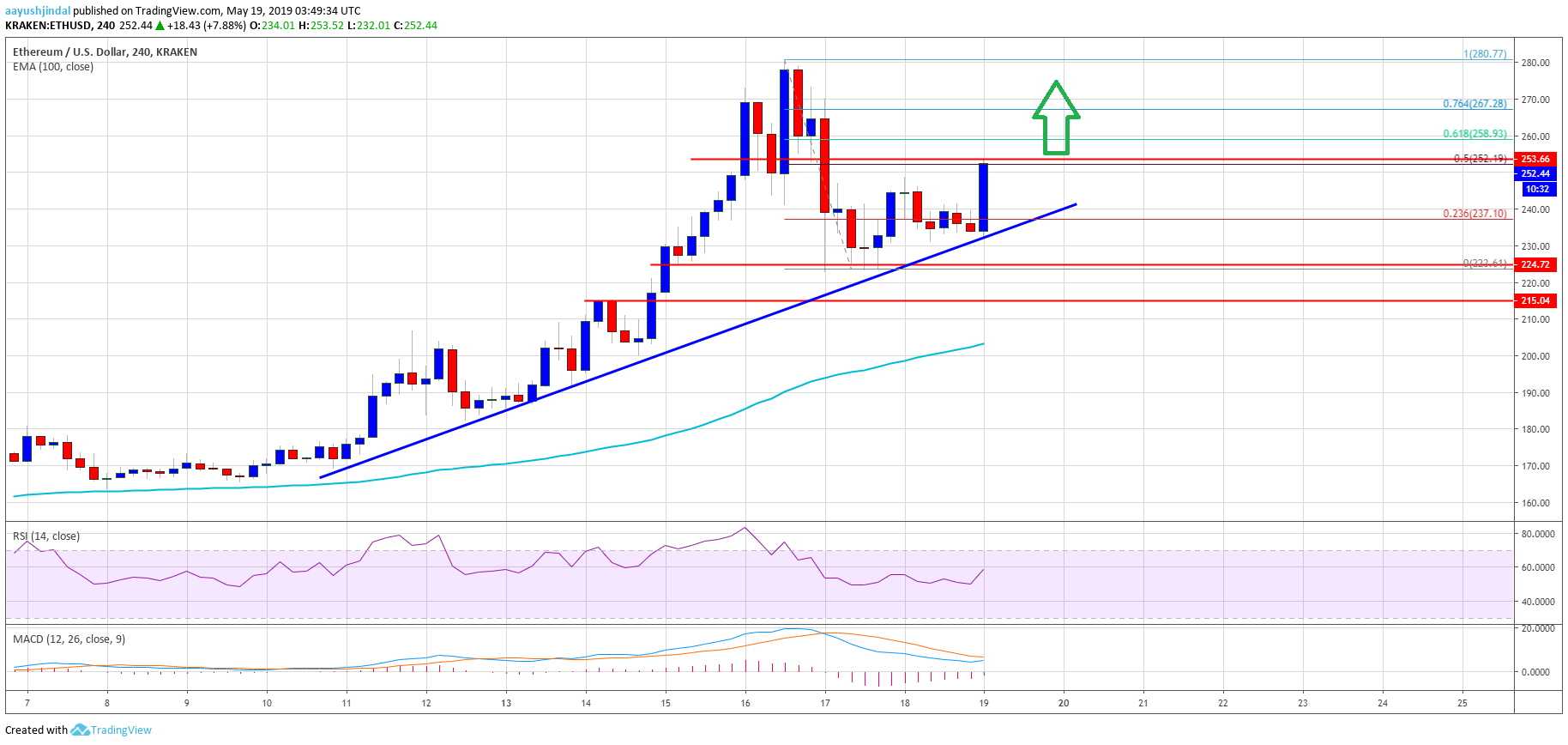Deadly Fungi: The Emerging Superbug Crisis

Table of Contents
The Growing Threat of Antifungal Resistance
Antifungal resistance, the ability of fungi to withstand the effects of antifungal drugs, is a critical driver of the deadly fungi crisis. This resistance develops through various mechanisms, including mutations in fungal genes that alter drug targets or enhance drug efflux. The overuse and misuse of antifungals in both human and agricultural settings significantly contribute to this problem.
- Specific examples: Candida auris, a particularly dangerous fungal pathogen, has displayed alarming resistance to multiple antifungal drugs, making treatment extremely difficult. Similarly, Aspergillus fumigatus, a common mold that causes serious infections in immunocompromised individuals, is increasingly exhibiting resistance to azoles, the most commonly used antifungal class.
- Contributing factors:
- Overprescription and inappropriate use of antifungals in healthcare settings.
- The widespread use of antifungal agents in agriculture, leading to the selection of resistant strains.
- Lack of new antifungal drug development, leaving limited treatment options for resistant infections.
These factors collectively fuel the spread of drug-resistant fungal pathogens, making even common infections potentially life-threatening. The rise of antifungal resistance demands immediate attention and innovative strategies to curb its progression.
The Vulnerability of Immunocompromised Individuals
Individuals with weakened immune systems are particularly vulnerable to deadly fungal infections. These opportunistic infections, caused by fungi normally harmless to healthy individuals, can rapidly become severe and life-threatening in those with compromised immune responses.
- High-risk groups: Cancer patients undergoing chemotherapy, organ transplant recipients on immunosuppressive drugs, individuals with HIV/AIDS, and those with autoimmune diseases are among the most vulnerable populations.
- Increased severity and mortality: Fungal infections in immunocompromised individuals often present with aggressive symptoms, rapid progression, and significantly higher mortality rates compared to infections in healthy individuals.
- Proactive prevention: Strict infection control measures, including hand hygiene and environmental decontamination, are crucial in healthcare settings to prevent the spread of fungal pathogens. Early detection and prompt treatment are vital in improving outcomes for high-risk individuals.
The Challenges in Diagnosing and Treating Fungal Infections
Diagnosing fungal infections can be challenging, often delaying appropriate treatment. Symptoms can mimic those of other illnesses, leading to misdiagnosis and inappropriate initial therapies. Furthermore, culturing fungi can be time-consuming, further hindering timely intervention.
- Limitations of current treatments: Existing antifungal drugs have limitations, including toxicity, narrow spectrum of activity, and the increasing prevalence of resistance. The development of new antifungal agents is lagging, resulting in a critical shortage of effective treatment options.
- Need for improved diagnostic tools: Rapid, sensitive, and specific diagnostic tests are essential for early detection and appropriate management of fungal infections. Advances in molecular diagnostics offer promising avenues for improving diagnostic accuracy and speed.
- Development of novel therapies: Significant research efforts are needed to develop novel antifungal therapies targeting new fungal pathways or overcoming existing resistance mechanisms. This includes exploring new drug targets, repurposing existing drugs, and developing novel drug delivery systems.
The Role of Climate Change and Environmental Factors
Climate change is significantly impacting the emergence and spread of deadly fungi. Rising temperatures, altered rainfall patterns, and increased humidity create favorable conditions for fungal growth and expansion into new geographic areas.
- Impact on fungal virulence: Warmer temperatures can accelerate fungal growth and increase the production of toxins, enhancing their virulence and pathogenicity.
- Environmental factors: Deforestation and urbanization alter ecosystems, potentially bringing humans into closer contact with fungal pathogens and increasing the risk of exposure.
- Increased fungal outbreaks: Changes in climate and environmental conditions are predicted to lead to increased frequency and severity of fungal outbreaks, impacting both human and animal health.
Conclusion: Addressing the Deadly Fungi Superbug Crisis – A Call to Action
The emergence of deadly fungi as a significant global health threat demands immediate and decisive action. The growing resistance to antifungal drugs, coupled with the vulnerability of immunocompromised populations and the influence of environmental factors, paints a concerning picture. Combating this superbug crisis requires a multi-pronged approach. We urgently need increased research funding for developing new antifungal drugs and improving diagnostic techniques. Simultaneously, we must implement effective preventative measures and strengthen infection control practices, particularly in healthcare settings. Global collaboration is crucial to address this emerging threat and prevent a catastrophic escalation of deadly fungal infections. Let's work together to fight the rise of deadly fungi and secure a healthier future.

Featured Posts
-
 Ethereum Price Strength Bulls In Control Upside Potential High
May 08, 2025
Ethereum Price Strength Bulls In Control Upside Potential High
May 08, 2025 -
 Greenland And China Are Trumps Fears Justified
May 08, 2025
Greenland And China Are Trumps Fears Justified
May 08, 2025 -
 Quick News Recent Updates On F4 Elden Ring Possum And Superman
May 08, 2025
Quick News Recent Updates On F4 Elden Ring Possum And Superman
May 08, 2025 -
 Simple Trailer Terrifying Implications The Long Walk
May 08, 2025
Simple Trailer Terrifying Implications The Long Walk
May 08, 2025 -
 Andors Showrunner Hints At Rogue Ones Recut Version
May 08, 2025
Andors Showrunner Hints At Rogue Ones Recut Version
May 08, 2025
Latest Posts
-
 F4 Elden Ring Possum And Superman A Quick News Summary
May 08, 2025
F4 Elden Ring Possum And Superman A Quick News Summary
May 08, 2025 -
 Biggest Oscars Snubs The Most Shocking Moments In Academy Awards History
May 08, 2025
Biggest Oscars Snubs The Most Shocking Moments In Academy Awards History
May 08, 2025 -
 Matt Damons Smart Career Moves Ben Afflecks Perspective
May 08, 2025
Matt Damons Smart Career Moves Ben Afflecks Perspective
May 08, 2025 -
 Krypto The Last Dog Of Krypton Dcs Latest Animated Movie Explored
May 08, 2025
Krypto The Last Dog Of Krypton Dcs Latest Animated Movie Explored
May 08, 2025 -
 Latest News F4 Elden Ring Possum And Superman In The Headlines
May 08, 2025
Latest News F4 Elden Ring Possum And Superman In The Headlines
May 08, 2025
